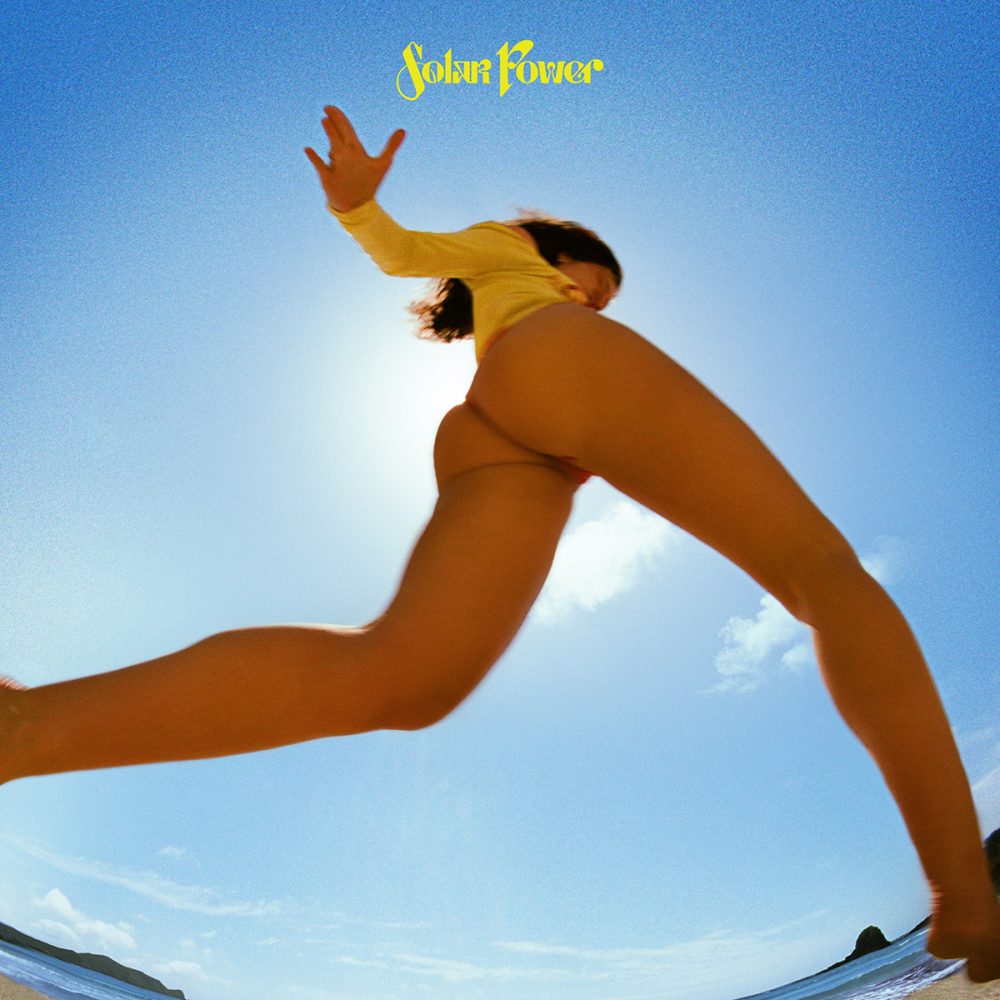Coming out of a four-year hiatus, Lorde comes out with her third album, “Solar Power”. A “love and light” album that perfectly exudes the idea of summer.

Photo Credit: Lorde Solar Power
Earlier this year, Lorde announces that she will be releasing her third album in collaboration with producer Jack Antonoff– AKA every pop girl’s best man. Fans were understandably excited for her comeback and almost all were expecting a Melodrama part two. It only makes sense to expect another banger like Melodrama since the sophomore album is possibly her best work thus far. But once Lorde released her single “Solar Power”, fans were left scratching their heads, “is this the new Lorde?” they ask.
After a four-year break from the music and limelight, is it possible for the twenty-four-year-old musician to grow out of her angsty teenage phase? The answer is yes.

Photo Credit: Youtube
Solar Power is a self-aware, indie-folk album that the singer jokingly coins as her “weed album.” It is an unexpectedly refreshing take in contrast to her other synth-pop albums like “Royals,” and “Melodrama.”
After she travelled to Antarctica, Lorde states that the trip inspired her to write the album. Nature was her main inspiration, which is evident with her use of nature sounds like beach waves and cicadas. The title of the album also speaks for itself. Solar Power evokes a warming presence that is perfect for summer. It is truly the type of album one would listen to on a car ride after a beach trip.
The album addressed her life as a teen pop star and her contempt for fame. In the song, “The Path” the line “Now, if you’re looking for a saviour / Well, that’s not me” is her way of asking her fans to remove her from the celebrity pedestal. The theme of burning out and wanting to be away from the spotlight was further addressed in her third song “California”. In this song, she referenced the night she won her first Grammy and even name-drops Carole King. Her disdain for the Hollywood lifestyle was evident in the chorus “Don’t want that California love” and the line “But it got hard to grow up with your cool hand around my neck” is a metaphor for how the music industry controls her creativity and self-exploration as a young artist.

Photo Credit: Youtube
There is a lot to be said about the album and critics are vocal about it. The online music publication Pitchfork rates the album 6.8 out of 10. Even likening the album to a “strange little paperbound spiritual text at a hippie bookshop”. It’s not surprising to compare this album to Lorde’s previous work- it’s only normal. However, people fail to realize that artists are capable of growing. And with that in mind, Lorde continues to explore her artistry by producing something that sounds completely different.
What’s admirable about the album is not the harmony, or the acoustic folk sound, but mainly the fact that we see a teen pop star grow up in a celebrity-crazed world without losing herself in it. By listening to the album and listening to her talk about it, you can almost see just how much fun she’s had while making it. The album is self-aware not only because she addressed her life as a celebrity, but also because Lorde made it free of expectations from commercial success. It may have sounded different but it is still Lorde–the same quirky onion-ring-critic we all love. In some songs, her words still elicit the same raw, stunning emotions we all revered from her previous works. The only difference is that she grew up.
Published by HOLR Magazine.


